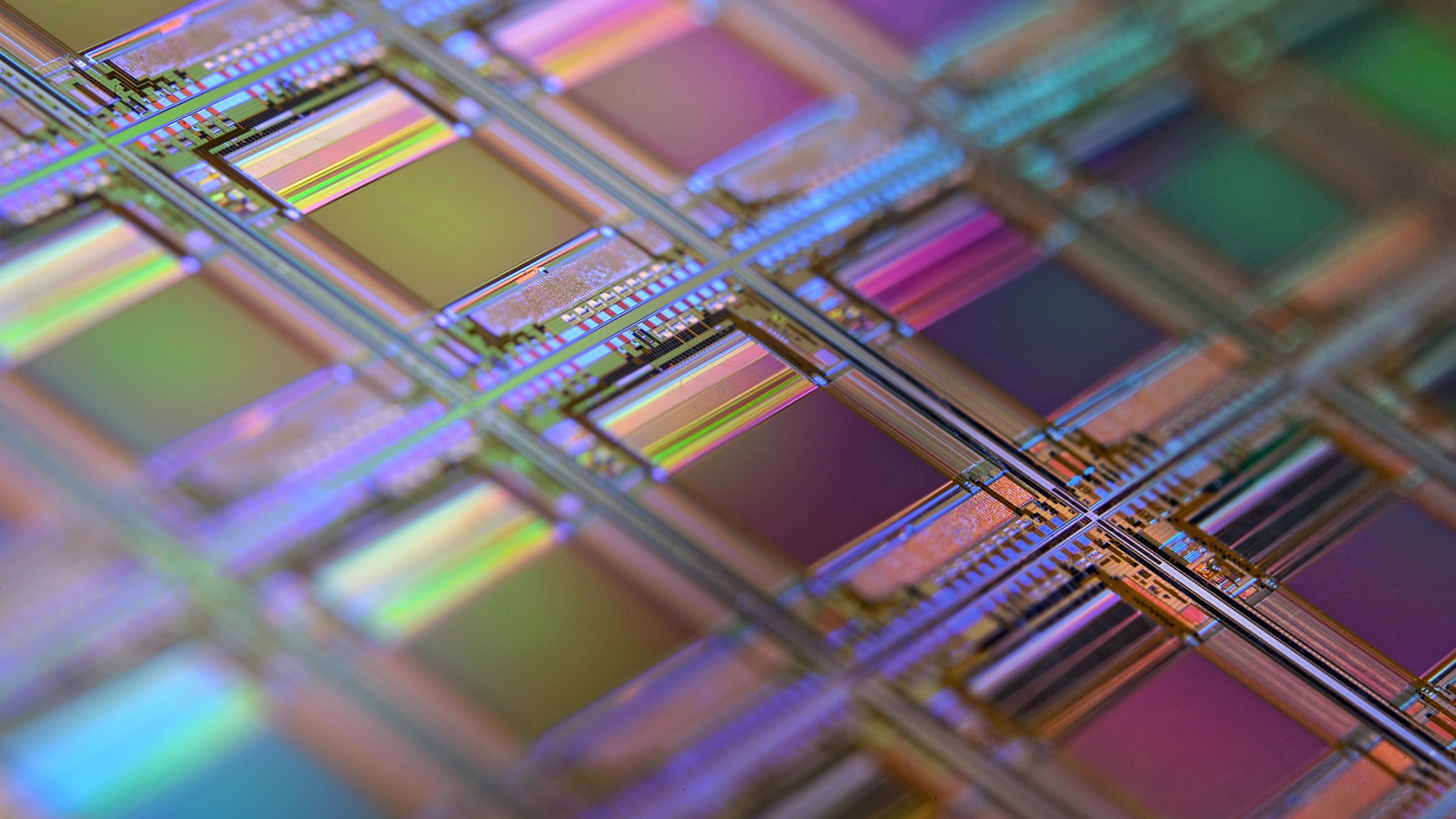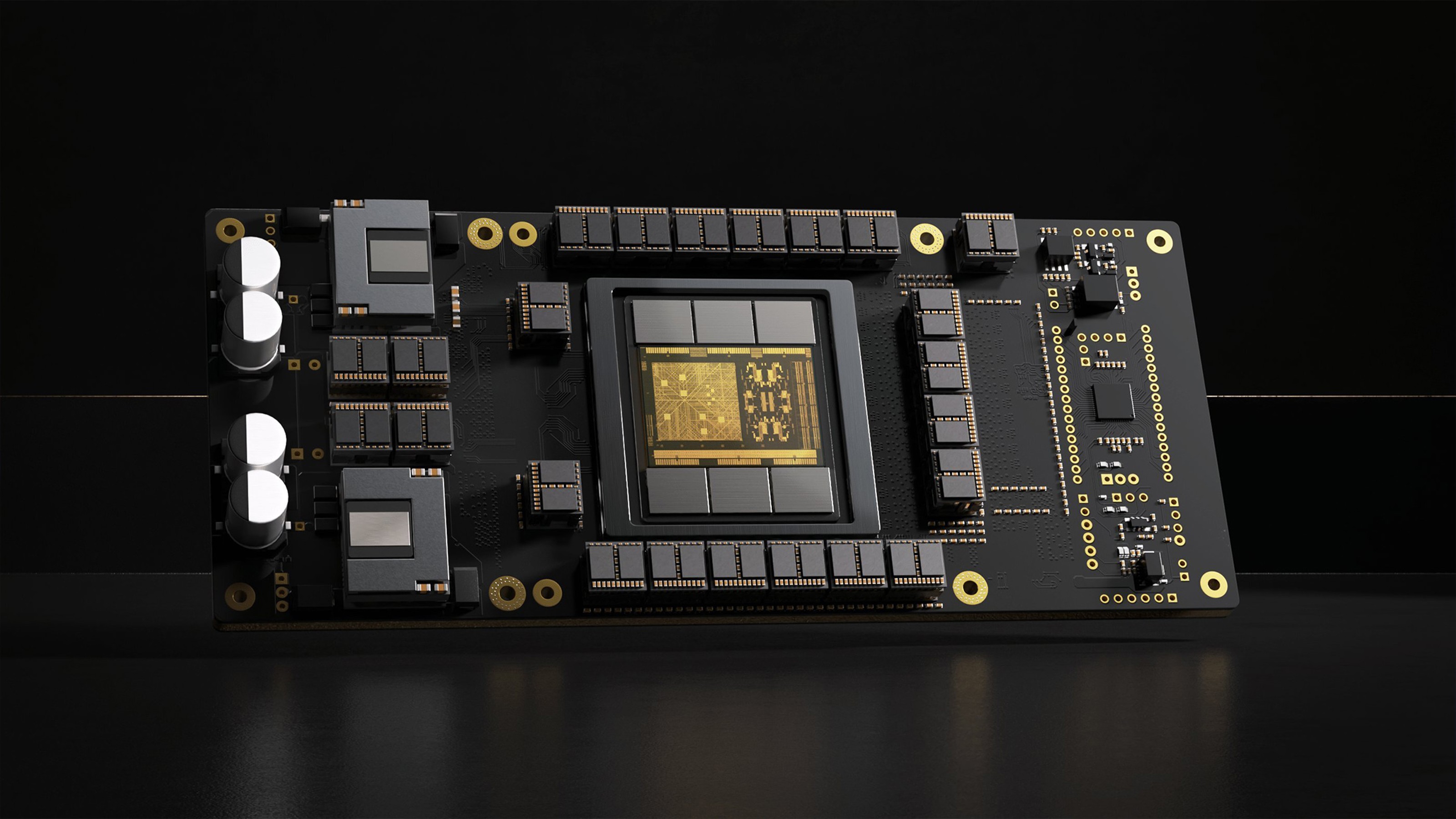In this day and age, we and our gadgets are limited by the archaic ways we store our power. Tech guru Brad Templeton explains that a breakthrough in battery technology would spark an exciting wave of innovation and enable the future of computing to be realized.
Brad Templeton: One of the biggest barriers in making computers faster is how much power they consume. And in fact, one thing that stopped your computer from having a faster clock rate, where it used to be it was another gigahertz every year you double that clock rate, is that that requires a lot of energy. And it's so much that your chips would melt if we ran them a lot faster. And if you looked inside a modern desktop computer you've probably seen it's got a big tower with silver veins and fan blowing on it. That's to get all the heat out. And that's making it hard to make the desktop computers faster. In your pocket you're limited by what the battery can do. And we have had better battery chemistries over time, but again this is an area where breakthroughs are needed for cars, as well as for devices we have in our pockets, and even for storing power that's generated from the power grid. We really would love to switch to renewal power like solar and wind, but the problem is that these only come when the sun is shining or the wind is blowing and so you need to store the power to use at a later time and that's actually a pretty difficult challenge. Batteries are one potential way to do it, pumping water uphill is a way to do it if you have reservoirs, but that itself presents its own some challenge.
Now when you get down to the battery you've probably, if you've ever looked inside a modern phone, that is if you have one you can open anymore, you've probably seen that most of that phone is actually the battery. That's the thing which is giving you all the weight. It's the thing that makes an iPad hard to hold in your hands because it's got a big heavy battery. We would love to see improvement in that. There are lots of things in the lab, but there's a pretty important rule that people have come to understand. When someone tells you "I can do this in the lab. I can make it for a dollar a kilogram." Or whatever it is the price they think they can do, the correct answer says "Okay I'll order a bunch." And then I'll say "Oh wait I can't actually deliver them to you." So you have to really make it commercializiable before you can say you have it and that hasn't happened yet.
Directed / Produced by Jonathan Fowler, Elizabeth Rodd, and Dillon Fitton





